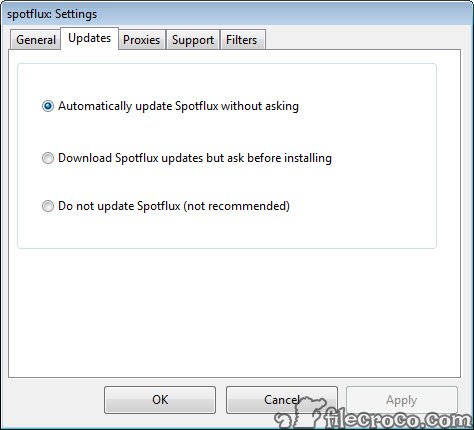

VPNs are also used to circumvent censorship, and they let journalists and political dissidents stay connected with the outside world. That's great, because noting IP addresses is an easy way for advertisers and others to track your movements across the web. Instead, they see the IP address of the VPN server to which you are connected. Out on the web, no one can see your IP address, either. When VPN companies offer custom DNS protection, they can even thwart a malicious network created explicitly to serve you bogus phishing sites designed to steal your information. This means that if you're using a shifty, unsecured wireless network (I'm looking at you, local coffee shop), no one else on the network will be able to peek at your online activities. Assuming that you're accessing sites secured with HTTPS, your data remains encrypted from start to finish. Your web traffic passes through the encrypted tunnel before exiting out to the wider internet. Activating a VPN creates an encrypted tunnel between your computer and a server controlled by the VPN service.


 0 kommentar(er)
0 kommentar(er)
